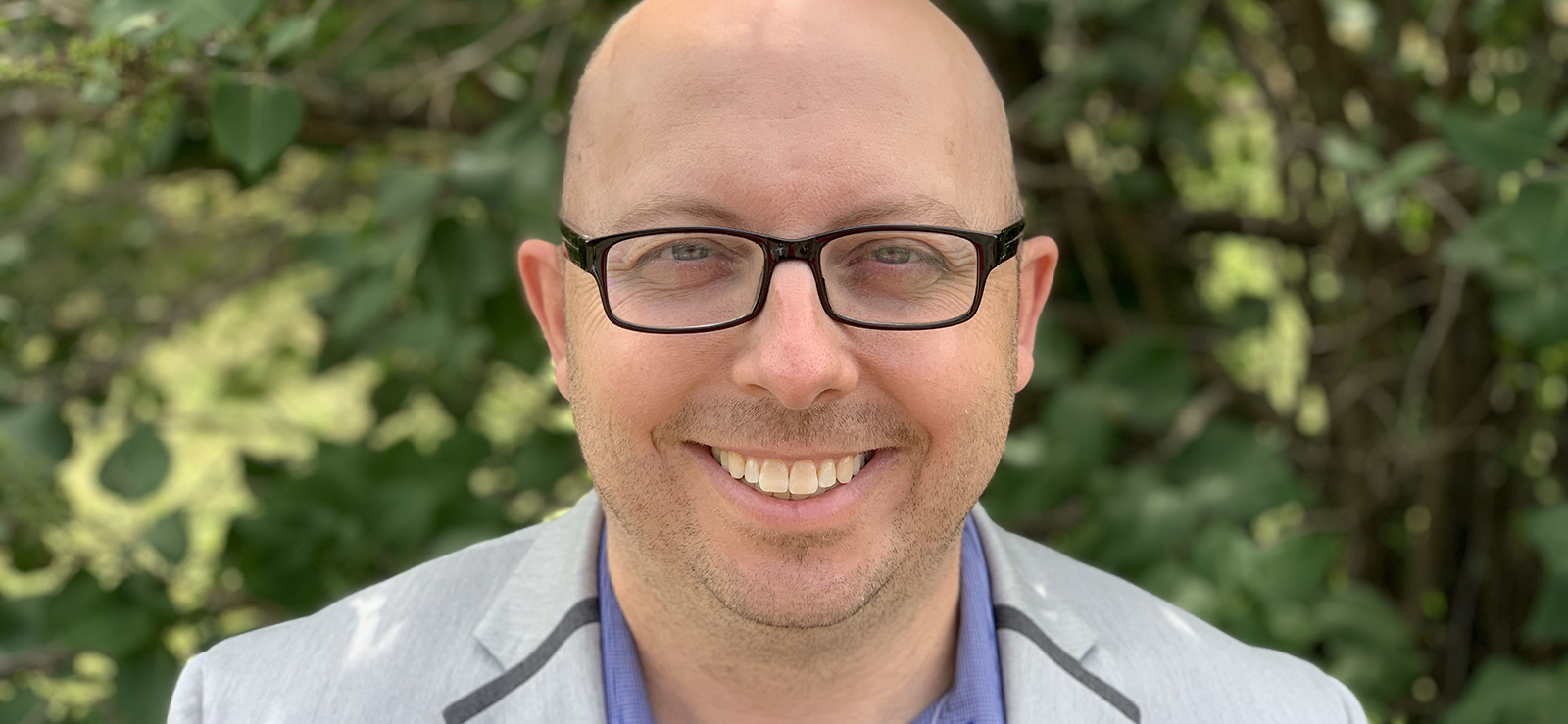Leveraging research partnerships to improve planning in the North

What types of services do Northern generalists provide most and what’s in highest demand? Prenatal care? Addictions care? Palliative care?
These are questions being explored by clinician-researcher Dr. David Savage, NOSM Assistant Professor. He is the co-founder of the Northern Network of Emergency Research (NNER), a group formed to support collaboration across Northern Ontario, and an emergency physician at the Thunder Bay Regional Health Sciences Centre. In collaboration with ICES—an independent, non-profit corporation focussed on the study of health informatics for health services research and population-wide health outcomes research in Ontario—and with support from Northern Ontario Academic Medicine Association (NOAMA), Dr. Savage’s research uses the Ontario Health Insurance Plan (OHIP) billing database to determine the services provided most often.
Dr. Savage and his research team have identified 18 OHIP billable services being offered by family physicians across Ontario. Also an external adjunct professor at Lakehead University, Dr. Savage is working closely with computer science colleagues at Lakehead University. Together, they’ve created “sentinel billing codes’’ for the services that are being offered most frequently. The hope is that these codes inform big data sets that may help inform health policy and health human resource needs in the North. The findings may also help innovate medical education at NOSM.
“One of our primary goals is to improve Health Human Resources in the North. This study could help inform the School about the skills and training medical learners will need most as physician generalists practising in the North, including emergency medicine, mental health, addictions medicine and palliative care skill sets,” says Dr. Savage.
The study also aims to highlight the most common combinations of physician services being practised in the North. “We know that there are clear trends in terms of the number of services physicians are providing in the North,” says Dr. Savage. “For example, we know that physicians in Northern Ontario provide more overall services than physicians in the South.
Dr. Elizabeth Wenghofer’s research at Laurentian University has clearly shown this trend. It is the combination of services that is interesting and important to understand for health human resource planning,” says Dr. Savage.
The next step for Dr. Savage’s team is to identify the specific and required skill-sets that Northern and rural generalists bring to the table. He says processing, analyzing and interpreting big data sets requires a collaborative approach to research. He values his research partnerships with ICES, NOAMA, Laurentian University and Lakehead University, and he encourages other clinician researchers to also build academic research teams.
“As physicians we have very specific training and bring knowledge about the health-care system however, there are researchers with other skills that are equally important. If you are serious about doing impactful research, partner with academic researchers at our Northern universities or colleges. My research partners—both clinical and academic—enhance and enrich my own research program.”
